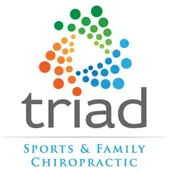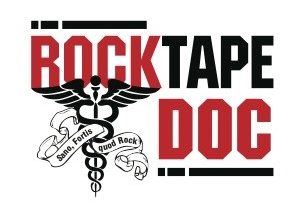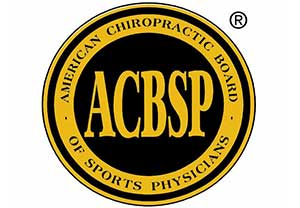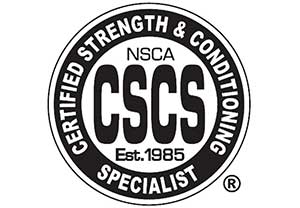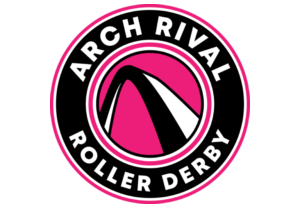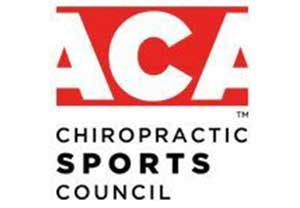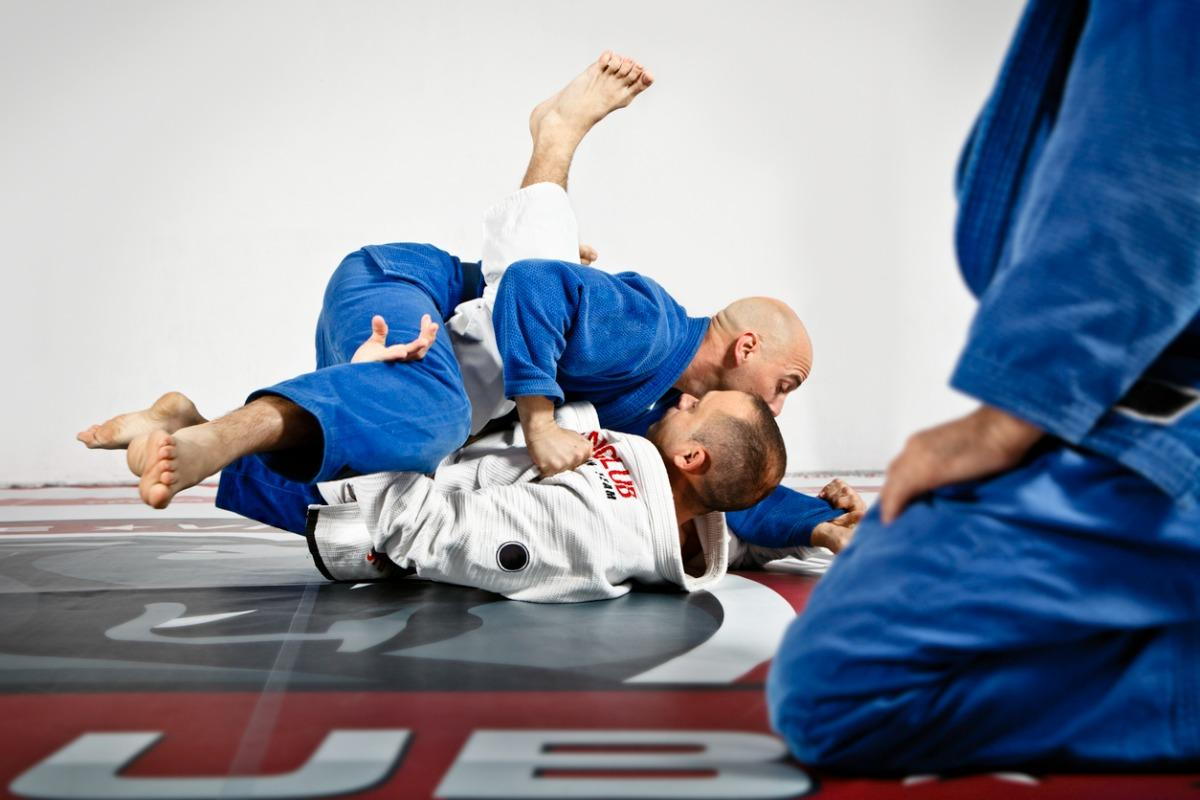
National Concussion Awareness Day is September 15, 2023, this year and I thought it would be a great time to touch on an important topic. When is it safe to return to practice or play after a head injury. I think the better question is now WHEN but HOW do we return to play.
We much remember a concussion is a type of mild traumatic brain injury. Concussions are characterized by signs and symptoms such as:
- Headache or “pressure” in head
- Nausea or vomiting
- Balance problems
- Dizziness
- Vision changes
- Bothered by light or noise.
- Feeling sluggish, hazy, foggy, or groggy
- Confusion, or concentration or memory problems
- Mood or personality changes
- Just not “feeling right”
Although head injuries, whiplash and only injury to the head and neck initially may not appear to “be that serious” I feel strongly that athletes, parents and coaches should know and understand how to manage concussions.
The first thing to remember is that even you have been evaluated or simply suspect this is “minor concussion” it’s good to remember that like most injuries the healing from a head injury is a gradual process that can happen quickly or slow, depending on that individual, their previous history of concussion and the mechanism of injury.
Secondly, it helps to have a friend or family member to know what is going on so they can help those individual asses their function. Sometimes when we are recovering from a head injury, we are not necessarily the best judge of when we are reaching a threshold of mental and/or physical rest.
Next, lets look at the basic steps for return to play.
- Rest and recovery: Immediately after a concussion, it's crucial to rest both physically and mentally. This means avoiding ANY activities that exacerbate your symptoms. I always say, “honor your body” (meaning whatever it feels like it needs). That is usually relative rest, good hydration and nutrition.
- Symptom resolution: Before returning to play, it's important to wait until all concussion symptoms have completely resolved, BOTH at rest and during exertion.
- Light aerobic exercise: Once symptoms have resolved, a gradual return to physical activity can begins with light aerobic exercise such as walking or stationary bike.
- Sport-specific exercise: If tolerated well, the next stage involves adding more specific exercises related to your sport. These exercises include drills, non-contact training, and coordination exercises to simulate the movements required during gameplay.
- Non-contact practice: After successfully completing sport-specific exercises, the next step is to participate in non-contact practice sessions. This allows you to ease back into the team or specifics of your sport while minimizing the risk of re-injury.
- Full-contact practice: If non-contact practice is successfully completed without any recurrence of symptoms, then you are clear to returns to full-contact in the practice setting.
- Return to play: Lastly, once you have progressed through all the previous stages without experiencing any concussion symptoms, then it is safe for game play.
They have found that approximately 80 of concussion resolve within 7-14 days with the average being 10 days. Be sure to get the support of a medical provider if your symptoms are severe or do not resolve within 2 weeks, and when in doubt, stay out.
